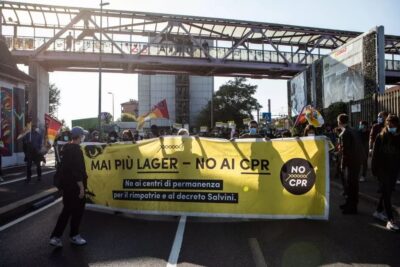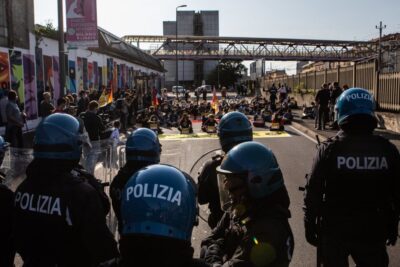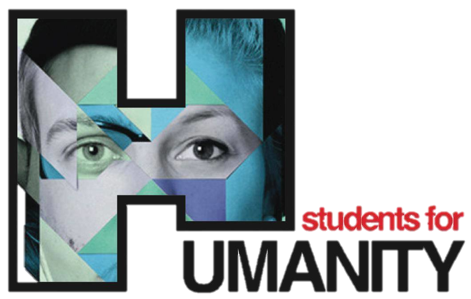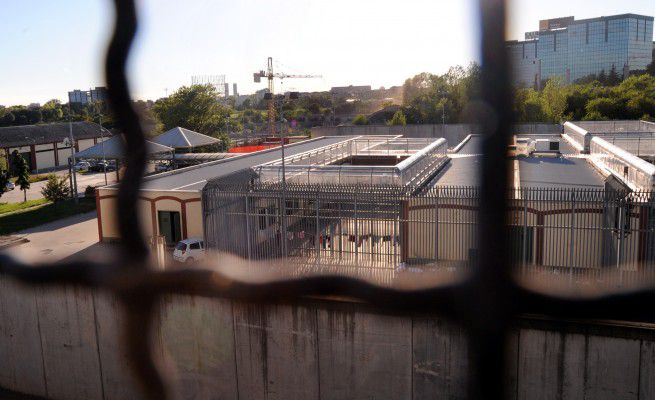What is happening in the Milanese Permanence and Repatriation center for migrants
As noted in our previous article, “Refugees, a matter of perception”, there is an urgent need to change the way we as a society look at these people. Yet the impression is that we don’t really look at these people: most of the time they are denied the status of citizens, they have no voice, they walk around the cities like ghosts, without a history, without dreams, and with no rights. And what happened at CPR in Milan is proof.

Let’s start with the meaning of CPR: the acronym stands for “Permanence and repatriation center for migrants“. Basically, they are the places where people who do not have a valid residence permit to stay in Italy are detained while awaiting their expulsion. The new rules on the management of migrants include an increase in the maximum period of detention from 6 to 18 months for non-asylum seekers, and up to 12 months for asylum-seekers. Ten CPRs are currently active in Italy, but on 18 September the Council of Ministers approved a plan to establish at least one CPR per region.
In October 2020 the CPR centre was reopened in Milan, in Via Corelli. It is the only CPR in Lombardy, while in the province of Milan alone there are 100,000 illegal immigrants. On 1 December, the Public Prosecutor’s Office of Milan organised and carried out an inspection, following numerous public complaints in recent years by activists, journalists and some politicians. Searches were carried out and documents were obtained from the structure, which is accused of having simulated the presence in the CPR of a series of services that had been agreed upon when the contract was awarded: services such as language mediation, health, psychological and legal assistance, and the supply of food and medicines were in fact never provided or in any case “largely inadequate”. The inspection report speaks of inhumane treatment, smelly, spoiled and expired food (food with worms), the impossibility of communication with the outside world, the abuse of medication and the denial of medical care despite the presence of people suffering from epilepsy, tumours and serious psychiatric pathologies.

On the website of the Italian Chamber of Deputies we read the following words: “In these structures the foreigner must be detained in a way that guarantees the necessary assistance and full respect for his dignity.” In the single case of the Milan CPR, the protests lead to a concrete impact and the procedure ended with the imposition of the maximum sanction conventionally allowed. However, this is not enough: the Milan CPR is not the only one that has raised serious questions about humanitarian violations. All the CPRs currently active in Italy, referred to as “black holes“, report similar stories: degrading conditions, protests and clashes. The CPR of Gradisca d’Isonzo, in Friuli Venezia Giulia, was destroyed by prisoners’ revolts and four people died inside due to the inhuman conditions. Trapani, Bari and Rome all present similar scenarios.
The debate on CPR – like that on integration and the profound misinformation about migrants and refugees – is an ignored elephant in political, cultural, media and extra-institutional discourse. But it is much closer to our everyday lives and places than we think. Fighting it through information and awareness-raising is therefore essential.


